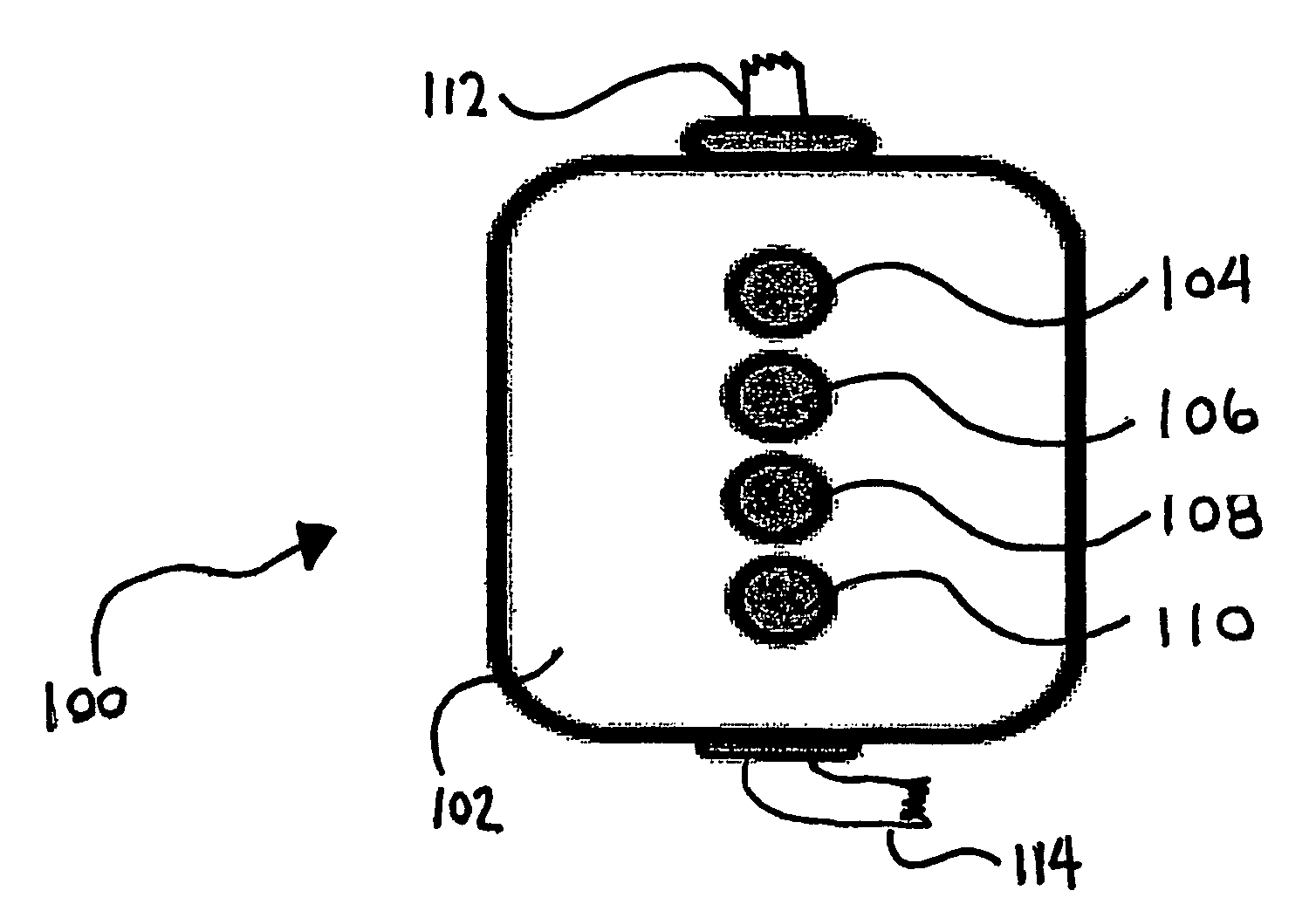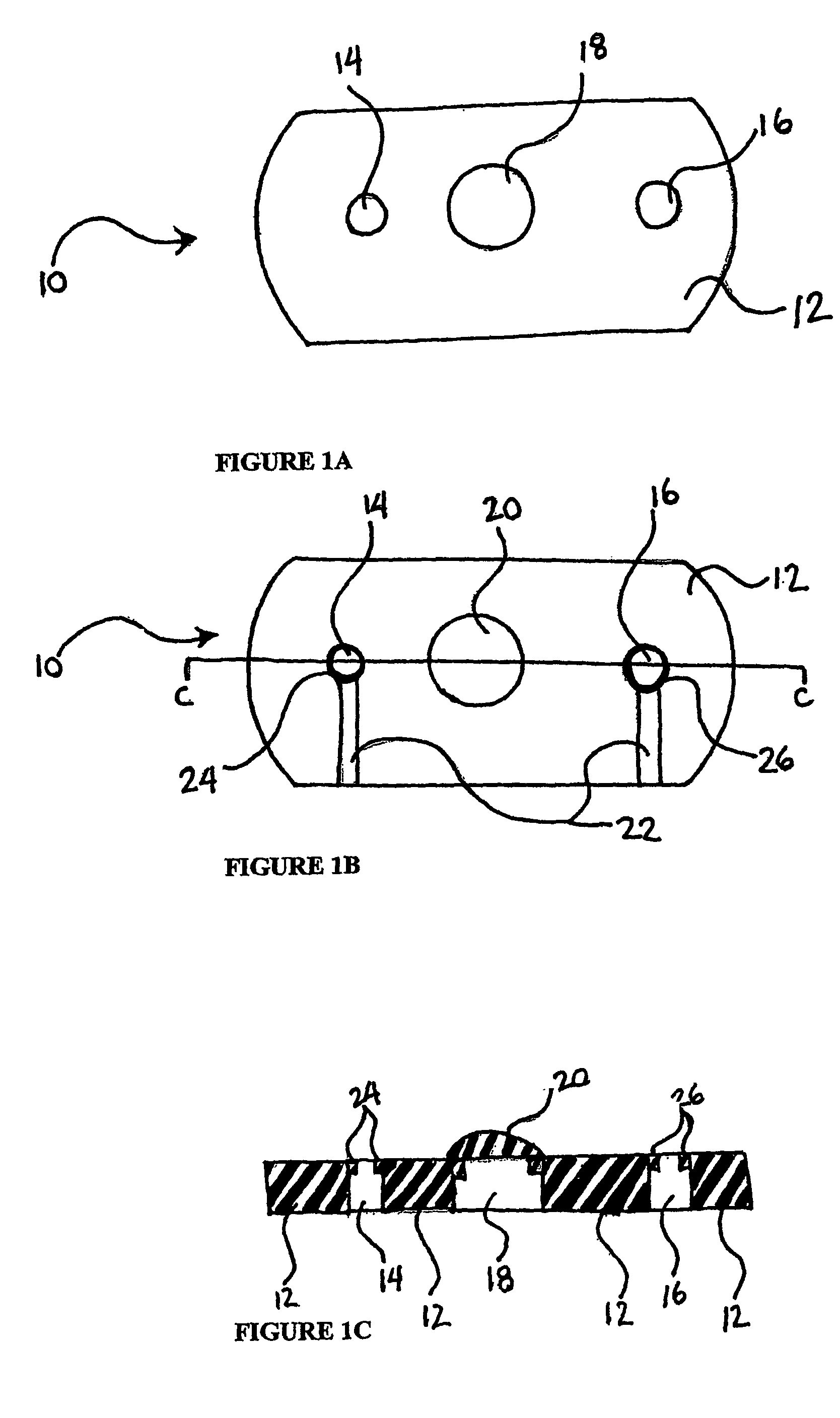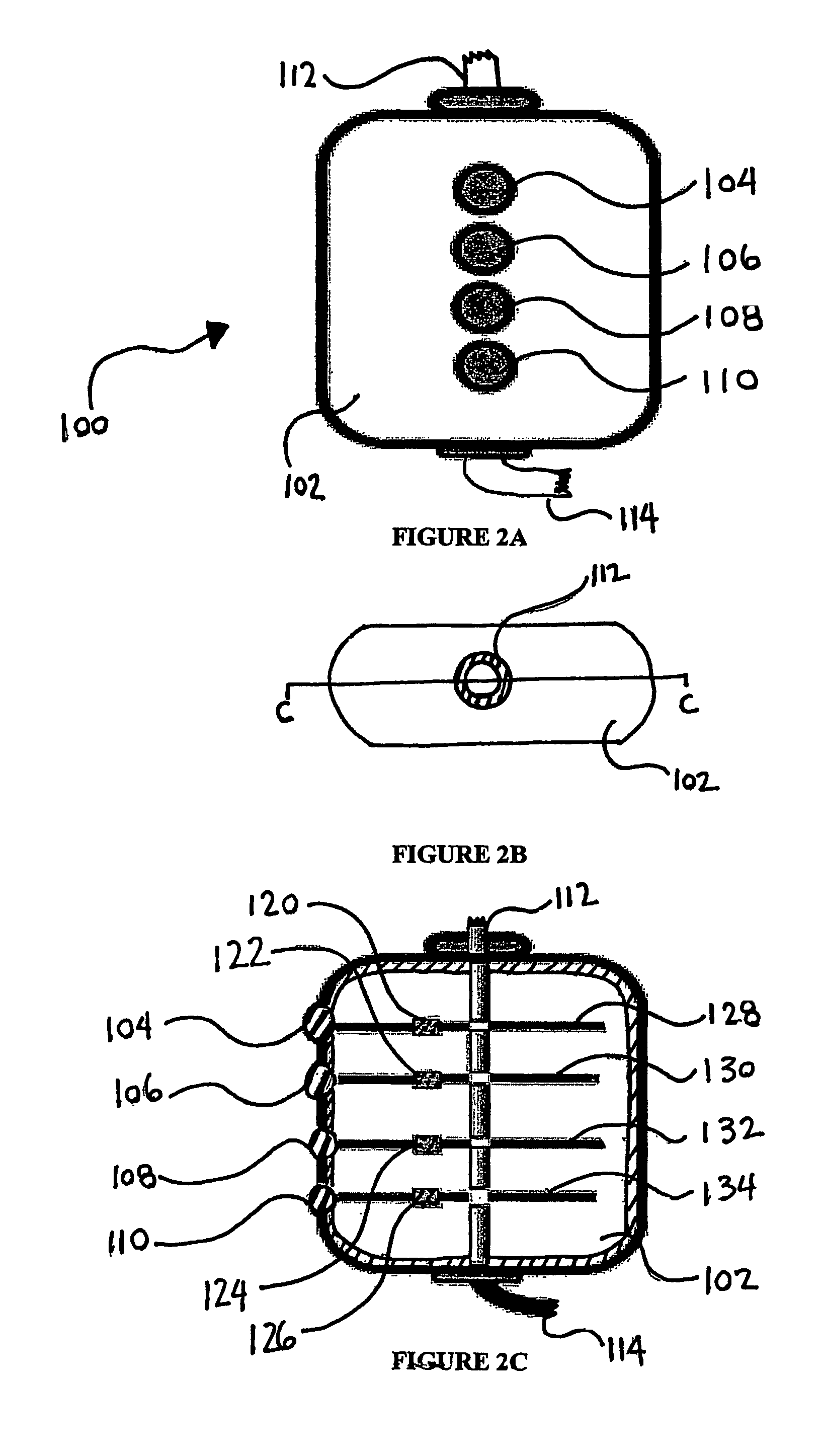Methods and apparatus for urodynamic analysis
a urodynamic analysis and urodynamic technology, applied in the field of urology, can solve the problems of invasive testing nature, side effects including bleeding and infection, and conventional urodynamic testing does not provide a direct measure of bladder muscle activity
- Summary
- Abstract
- Description
- Claims
- Application Information
AI Technical Summary
Benefits of technology
Problems solved by technology
Method used
Image
Examples
examples
NIRS / Uroflow / Pressure Tracings
FIG. 3A—Uroflow Patient #21 (Example of Detrusor Over Activity and Voiding Pressure within the Lower Range of Normal)
[0105]An 82 year old male with a history of angina and Type II diabetes, with complaints of frequency, nocturia x3, and prostate enlargement (BPH). The patient was not receiving medication specifically for bladder treatment.
[0106]The standard urodynamic tracing is shown at the bottom of the graph and represented by the “uroflow” tracing. The patient arrived with a full bladder. The patient has a prolonged and fully intermittent uroflow curve. The maximum flow rate and average flow rate are below the normal range. This could be due to obstruction, such as prostate enlargement or it could be due to a weak contraction of the bladder muscle itself. Without the use of the catheters to demonstrate the pressure flow curve it would not otherwise be possible to comment on the weak flow. However, with the NIRS tracing a non-invasive means for deter...
PUM
 Login to View More
Login to View More Abstract
Description
Claims
Application Information
 Login to View More
Login to View More - R&D
- Intellectual Property
- Life Sciences
- Materials
- Tech Scout
- Unparalleled Data Quality
- Higher Quality Content
- 60% Fewer Hallucinations
Browse by: Latest US Patents, China's latest patents, Technical Efficacy Thesaurus, Application Domain, Technology Topic, Popular Technical Reports.
© 2025 PatSnap. All rights reserved.Legal|Privacy policy|Modern Slavery Act Transparency Statement|Sitemap|About US| Contact US: help@patsnap.com



